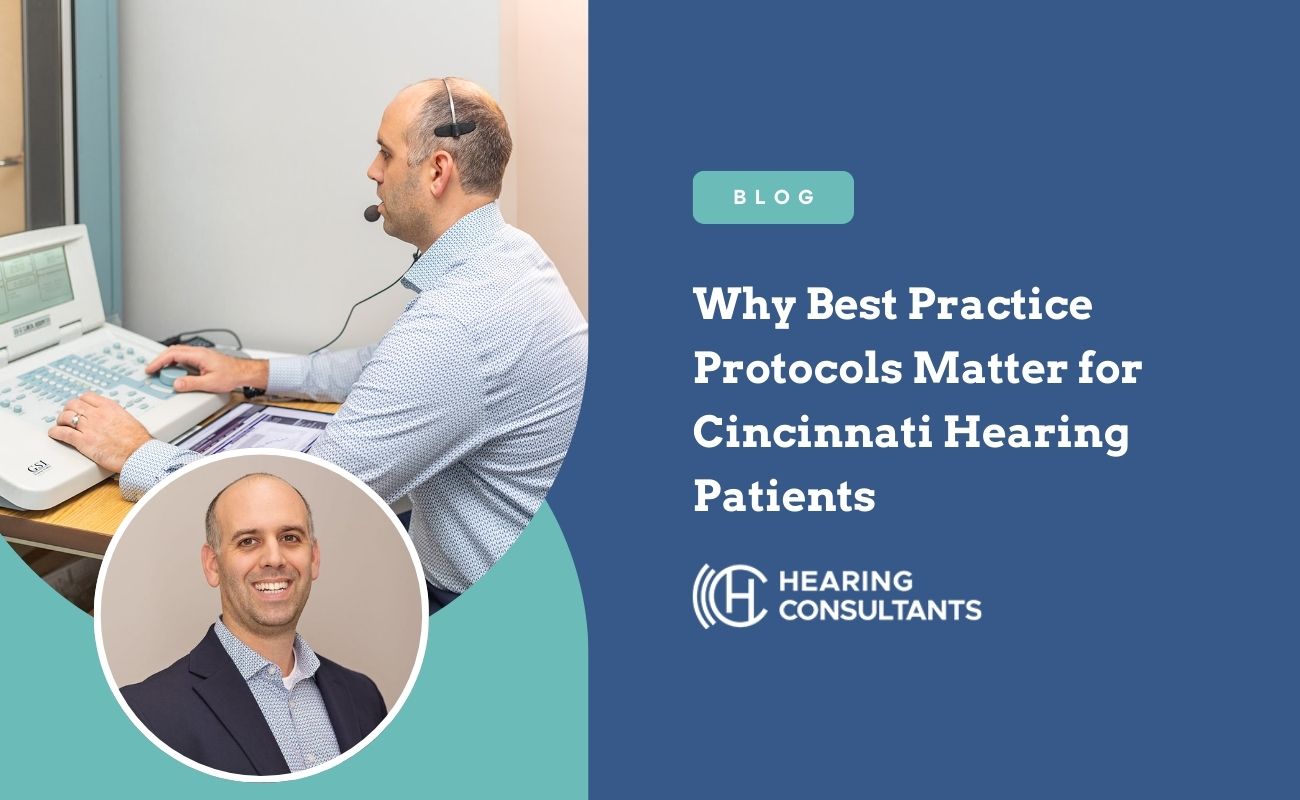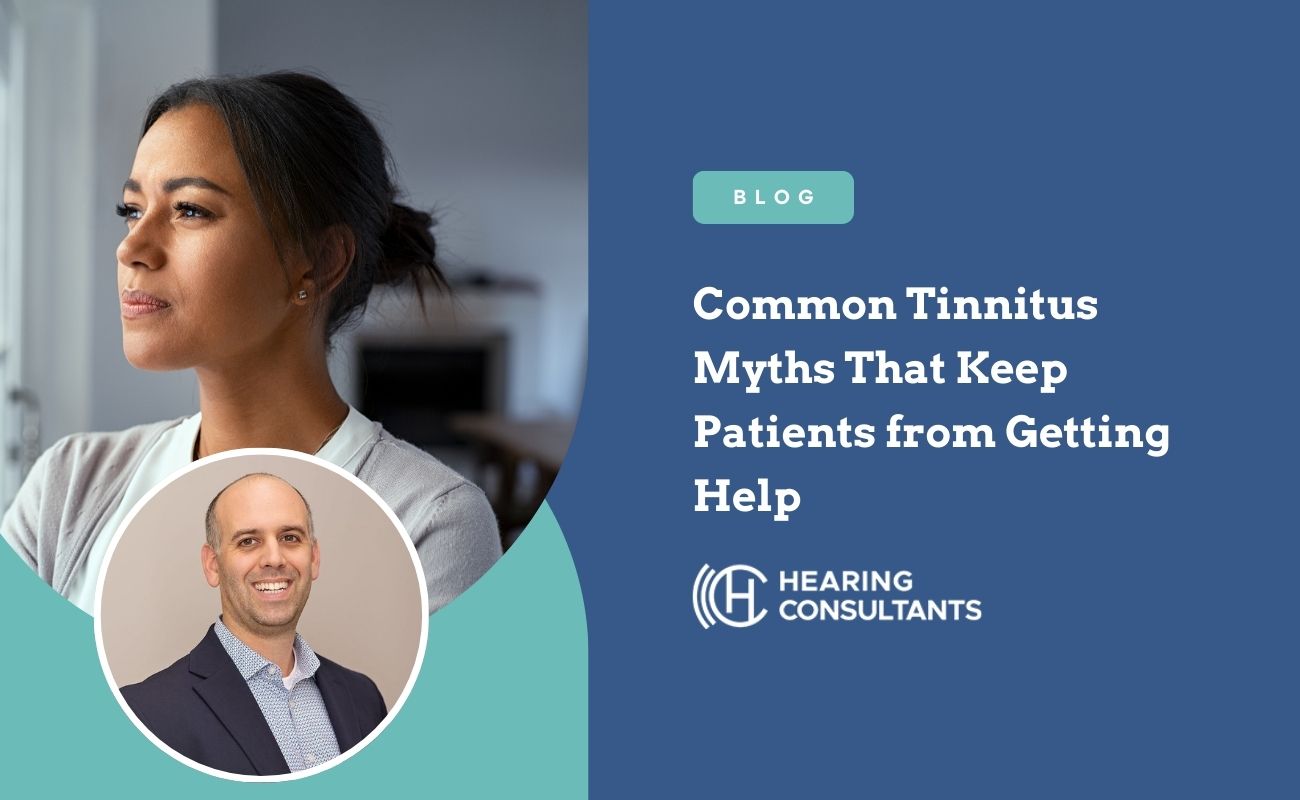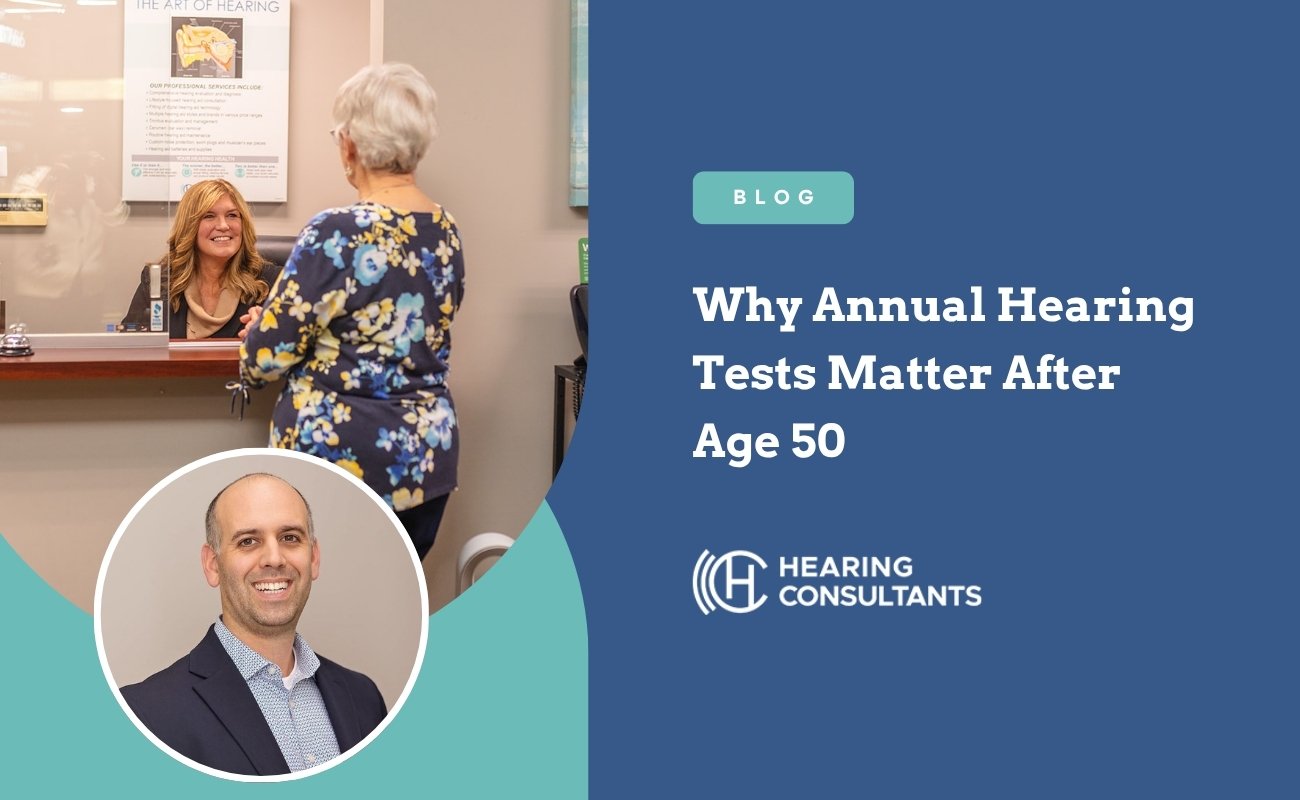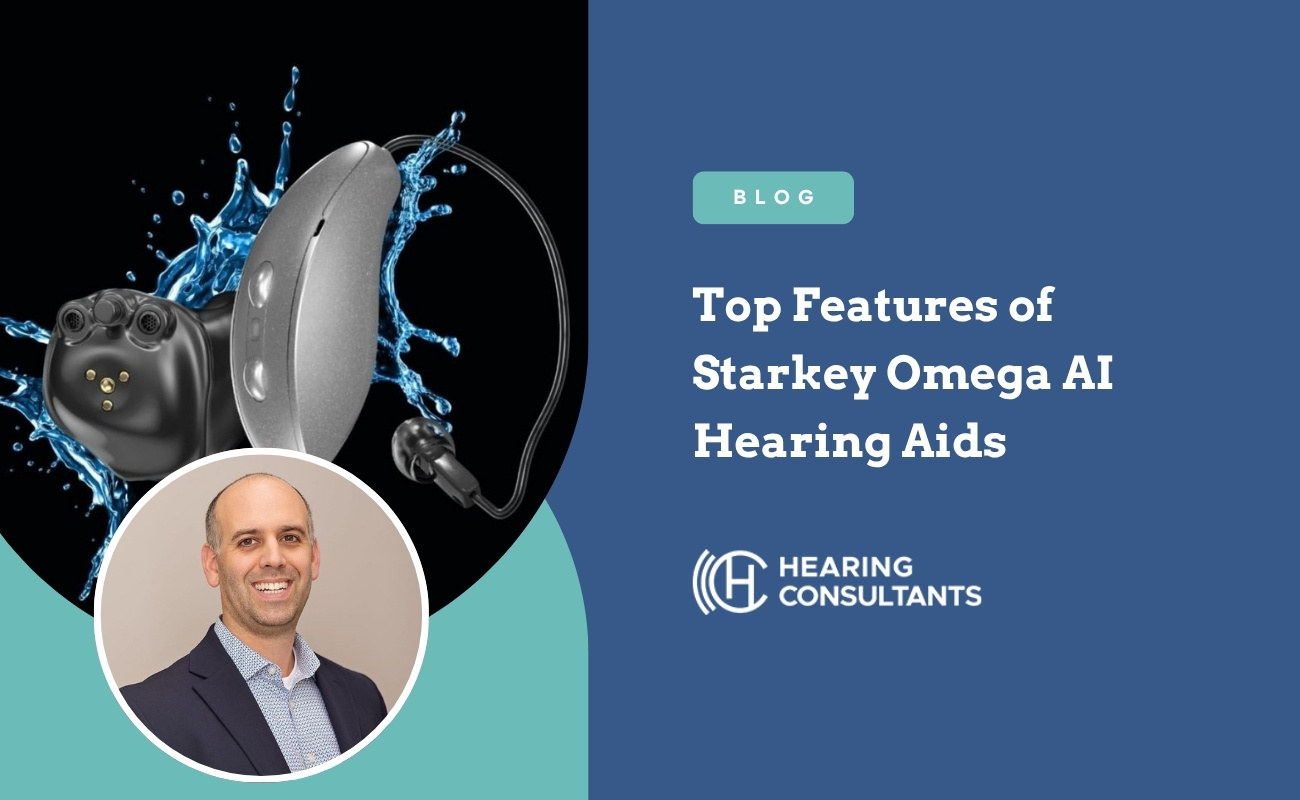What Cincinnati Residents Need to Know About Hearing Loss and Dementia
.jpg)
The sounds of Cincinnati – from cheering crowds at Great American Ball Park to conversations over coffee in Over-the-Rhine – connect us to our community and loved ones. But what happens when hearing loss quietly creeps in? Recent medical breakthroughs reveal that untreated hearing loss doesn't just affect your ability to hear these precious sounds – it may significantly increase your risk of dementia and cognitive decline.
Your Brain on Hearing Loss: More Than You Think
Picture your brain as a master juggler, constantly keeping multiple balls in the air. When hearing loss occurs, your brain suddenly has to work overtime just to make sense of muffled conversations and unclear sounds. This extra effort doesn't come without a cost – it pulls resources away from memory, problem-solving, and other critical thinking skills.
The science behind this is fascinating yet concerning. When you can't hear clearly, your brain essentially becomes a detective, using context clues and guesswork to fill in the blanks. This mental gymnastics is exhausting and leaves less energy for storing memories or processing new information.
Social withdrawal often follows. Many people with hearing loss begin avoiding dinner parties, family gatherings, or community events because conversations become frustrating and tiring. This isolation creates a perfect storm for cognitive decline, as social engagement is one of our brain's best defenses against dementia.
Brain scans reveal another troubling pattern: areas responsible for processing sound can actually shrink when they don't receive enough stimulation from clear hearing. This atrophy may contribute to the overall brain changes seen in dementia patients.
Game-Changing Research Offers Hope
Here's where the story takes an encouraging turn. A groundbreaking National Institutes of Health study tracked older adults for three years and discovered something remarkable: those who used hearing aids experienced a 48% reduction in cognitive decline compared to those who left their hearing loss untreated.
Think about that number – nearly half the risk, simply by addressing hearing loss properly. This makes hearing aids one of the most powerful tools we have for potentially preventing dementia, especially since we can't change our genes or stop the aging process.
The protective effect works on multiple levels. Hearing aids reduce the mental strain of trying to understand speech, freeing up brainpower for other tasks. They help people stay socially connected and engaged in meaningful activities. Most importantly, they provide the brain with the rich auditory input it needs to stay sharp and healthy.
Beyond Hearing Tests: Cognitive Screening at Our Practice
We believe in taking a comprehensive approach to your auditory and cognitive health. That's why we offer Cognivue cognitive screening – a sophisticated yet simple assessment that evaluates how well your brain processes information, reacts to stimuli, and manages complex tasks.
This isn't your typical "remember these three words" test. Cognivue uses advanced technology to measure reaction times, memory performance, and executive function in just minutes. The results give us valuable insights into your cognitive baseline, completely separate from your hearing abilities.
Many patients find this screening eye-opening. It provides concrete data about cognitive function that can be shared with your doctor and helps us understand how hearing loss might be affecting your mental sharpness. Best of all, it serves as an early detection system, catching potential issues before they become major concerns.
Why Professional Care Makes All the Difference
You might wonder if those hearing aids available at the pharmacy or online could provide the same cognitive benefits. While these devices can help some people, the complexity of the hearing-brain connection demands professional expertise.
We use Real Ear Measurement during hearing aid fittings – a precise technique that verifies your devices are delivering exactly the right amount of amplification at each frequency. This isn't just about making sounds louder; it's about providing your brain with the specific auditory information it needs to function optimally.
Our process involves detailed hearing evaluation, careful device selection based on your lifestyle and needs, and ongoing fine-tuning to maximize both hearing and cognitive benefits. We've seen firsthand how proper fitting can transform not just someone's ability to hear, but their mental clarity and engagement with life.
Spotting the Warning Signs Early
Hearing loss often develops so gradually that many people don't realize it's happening. You might find yourself asking "What?" more often, struggling to follow conversations in restaurants, or feeling drained after social events. These aren't just minor inconveniences – they're your brain working overtime.
The cognitive signs can be even more subtle. Family members might notice you seem less sharp with complex tasks, more irritable in social situations, or less interested in activities you once enjoyed. Many people attribute these changes to "just getting older," but they could signal that untreated hearing loss is taking a toll on your mental function.
The key is recognizing that these changes aren't inevitable. With proper intervention, many people experience dramatic improvements in both their hearing and their overall mental sharpness.
Your Proactive Approach to Healthy Aging
Cincinnati residents have always been known for their resilience and forward-thinking approach to challenges. Treating hearing loss as a pathway to better cognitive health fits perfectly with this mindset. Rather than accepting hearing difficulties as an unavoidable part of aging, you can take control and potentially protect your mental sharpness for years to come.
The research suggests that earlier intervention leads to better outcomes. Regular hearing evaluations should be part of your health maintenance routine, just like annual physicals or eye exams. This is particularly important if you've been exposed to loud noise throughout your career, have a family history of hearing loss, or notice any changes in your hearing ability.
Protect Your Future Self Today
The connection between hearing loss and dementia represents one of the most hopeful developments in brain health research. Unlike many risk factors for cognitive decline, hearing loss is highly treatable, and the benefits extend far beyond better hearing.
Our Cincinnati practice offers comprehensive hearing evaluations, advanced Cognivue cognitive screening, and expert hearing aid fitting services using Real Ear Measurement techniques. We're committed to helping you maintain not just your hearing, but your cognitive vitality as you age.
Don't let untreated hearing loss put your mental sharpness at risk. Contact our office today to schedule your comprehensive hearing and cognitive assessment. Your future self will thank you for taking this important step toward protecting both your hearing and your cognitive health for years to come.
Get in touch with
Hearing Consultants
Contact our clinic to schedule an appointment today!







